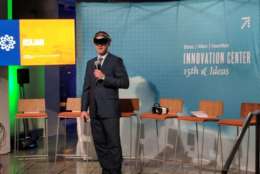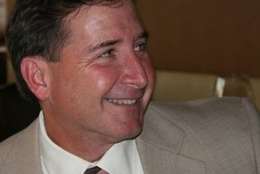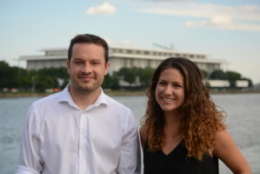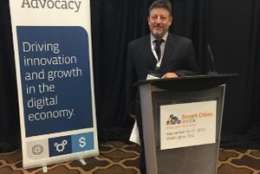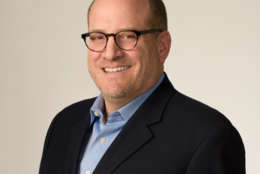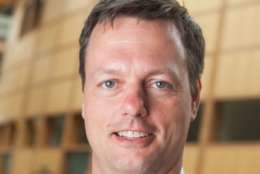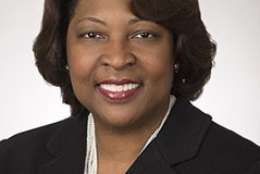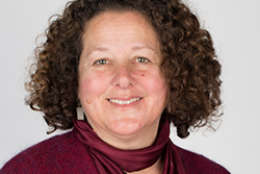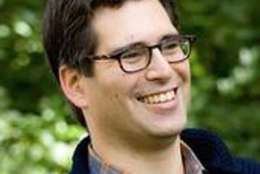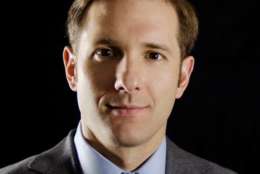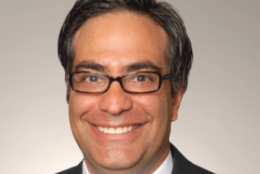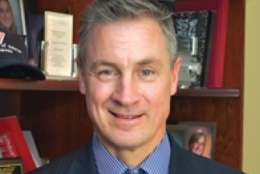What's Working in Washington
-
Augmented reality, virtual reality, and artificial intelligence are not simply trendy new technologies. They are tools shaping government and commerce for years to come. "Our industry computing is in a state of transformation," says Michael McCormack, CEO of Eolian, a software development and content production firm that specializes in AR, VR, and AI. "Our computers are slowly moving from your pockets and our hands to our heads."
May 17, 2017 -
The business editor for The Washington Post has insight into how D.C. is being framed and perceived around the world, and says these are exciting times.
May 16, 2017 -
While Washington, D.C.’s culture is often reduced to that of lobbyists and government officials, locals have started to push back against this characterization to show off the vibrant life of the area. The area’s theatre, music and food cultures have developed beyond expectations and remain underrated, according to Rachel Nania and Jason Fraley, cohosts of the Capital Culture podcast.
May 15, 2017 -
The new administration has promised to focus on cybersecurity and artificial intelligence and will be looking to the Washington, D.C. region for new breakthroughs in technology. Chuck Brooks, Vice President of Government Relations & Marketing at Sutherland Government Solutions, says the region should pounce on the opportunity.
May 12, 2017 -
The latest real estate app augments services such as Zillow to allow home buyers to save money, according to Upside Door COO Ric Fleisher.
May 11, 2017 -
The Georgetown Entrepreneurship Initiative acts as a disruptor. While most of academia is placed in a few designated skill and subject categories, entrepreneurship cuts across disciplines, says director Jeff Reid.
May 10, 2017 -
While the drive behind traditional non-profits is ever present, many of them are quickly adapting to ensure enthusiastic engagement of the millennial generation, according to Rosie Allen-Herring, President and CEO of United Way of the National Capital Area (NCA).
May 09, 2017 -
Gavin Daniels, founder and principal of Wingate Hughes Architects says the motive behind their designs for spaces came from a drive to bring out the way people want to work, and the way company leaders want their teams to excel.
May 08, 2017 -
A local entrepreneur who saw glaring gaps in efficiency in the workplace has brought together cybersecurity and technology to make life easier for analysts. Tensor Wrench is a data-streamlining tool that helps analysts improve working speed across applications by collating data with cloud support.
May 05, 2017 -
The winner of George Washington University’s business plan competition aims to cut the number of emergency room visits in D.C.’s poorest neighborhoods. Dr. Freya Spielberg, a professor at GW, said she set out to demonstrate that “it’s possible to improve health outcomes for the most vulnerable populations while also lowering healthcare costs.”
May 04, 2017 -
Many aspiring entrepreneurs across the country hardly consider Washington, D.C. as their go-to start-up launch pad, but the density of its entrepreneurial ecosystem actually makes it a better place to start a business than most…
May 03, 2017 -
The Right Proper Brewing Company brews beer built on neighborhood pride and a rare sense of authenticity, says founder Thor Cheston.
May 02, 2017 -
The defense industry has lowered its expectations following promises on the campaign trail from President Donald Trump to drastically increase defense spending, said Defense One global business editor Marcus Weisgerber.
May 01, 2017 -
The field of advocacy is one of the largest employers in the D.C. region, but it is also one of the most misunderstood. “If you take a look at polls that show who’s liked in…
April 28, 2017 -
Local non-profit organizations have tapped into lessons learned from entrepreneurs to survive recent political changes, said the president and CEO of Volunteers of America Chesapeake.
April 27, 2017

